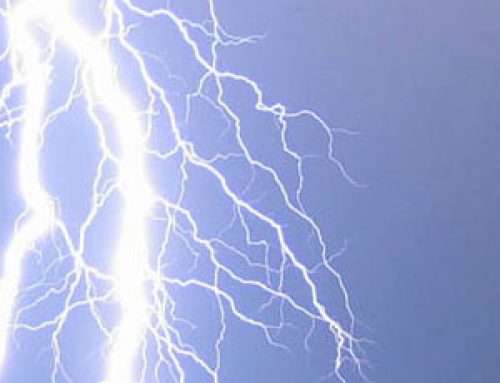
Herakles (on the left) frees Prometheus (now in the Louvre) on his way to the Garden of Hesperides
Another labor of Herakles
Herakles was a Greek hero. He killed his wife and children, and as punishment, he had to do a lot of difficult things, the Labors of Herakles.
Who was Herakles?
Women in ancient Greece
More Greek mythology
All our ancient Greece articles
For this one, Herakles had to go bring back three golden apples from the tree of the Hesperides. The Hesperides were the spirits of the evening. The golden apples were a gift from Gaia, the Earth mother, to her daughter Hera, who hated Herakles. So Herakles was supposed to steal these apples from Hera. (Seems like a funny sort of punishment.)
Who was Gaia?
More about Hera
Herakles frees Prometheus
On his way to the garden, Herakles came across the Titan Prometheus, chained to a rock, so Herakles freed Prometheus.
Who was Prometheus?

Herakles holds up the world. (Athena is helping him.) Metope from the Temple of Zeus at Olympia, Greece.
Herakles holds up the sky
When Herakles got to the garden, he found the Titan Atlas there, holding the world up on his shoulders – it was very heavy. Herakles offered to hold the world for a while if Atlas would go get the apples. Atlas eagerly agreed.
But when Atlas got back with the apples, he didn’t want to take the weight of the world back again. Herakles finally agreed to keep on holding up the world, but he asked Atlas to just take it back for a minute while Herakles arranged a pad to be more comfortable.
Sure enough, as soon as Atlas had the world back, Herakles grabbed the apples and left, taking the apples back to King Eurystheus to complete the labor.
Learn by doing: act out this story
More Labors of Herakles
Bibliography and further reading about Herakles:
Twelve Labors of Hercules (Step into Reading, Step 3), by Marc Cerasini. Very easy, for beginning readers.
The Story of Hercules (Dover Children’s Thrift Classics), by Robert Blaisdell (1997). easy reading, very cheap.
Hercules, by Nancy Loewen (1999). More sophisticated, with a look at how the myth was passed on and what it meant to people, as well as the story itself.
D’aulaire’s Book of Greek Myths, by Edgar and Ingri D’Aulaire. (Look under Heracles).
The Myths of Herakles in Ancient Greece, by Mark W. Padilla (1998). By a specialist, for serious readers.





